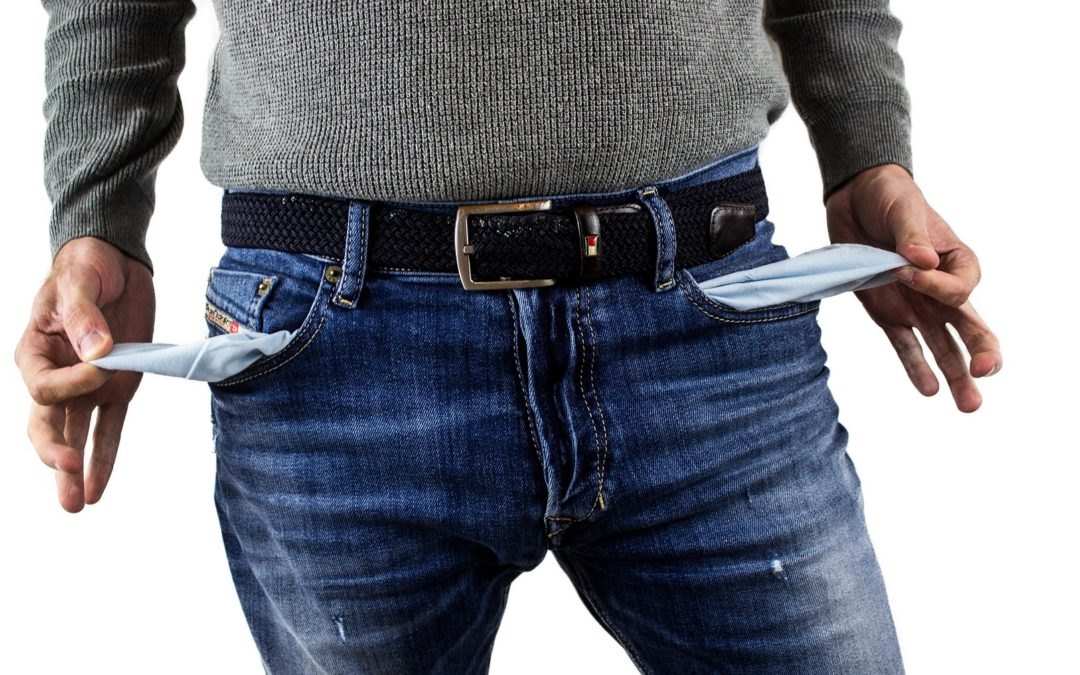Meth testing is a subject with a lot of information to unpack and plenty of room for error – errors which can lead to you paying far too much for your home methamphetamine test. However, in order to fully all the nuances involved in that, we would have to discuss the dangerous nature of this drug, laws and regulations pertaining to meth testing in Utah, and what it means to be NIOSH complaint.
Since we can’t cover everything you need to know in one post, we wanted to start things off with an easy access guide to some of our other blogs. Each offers a more in-depth look into meth testing overall, and why it’s so important.
Meth Testing: AEI Decon’s Easy Access Guide
- Is the Meth in Your Home Actually Dangerous?
- There Might Be Meth In My House. What Type of Test Do I Need?
- Meth Houses: Identification and When to Test.
- What Are Utah’s Meth Laws for Homes and Properties?
- Should I Get a Meth Test With My Home Inspection?
- Home Methamphetamine Tests: Are They Accurate?
- NIOSH Compliance and Methamphetamine Testing.
- Home Methamphetamine Test: Reading the Results.
- Home Meth Test: Reading the Results Part Two.
- Hiring a Decontamination Specialist.
We hope this guide will better help you understand this process and what to expect throughout. For today’s topic, however, you’ll want to know that proper testing requires training and experience.
That, as it happens, brings us to the first mistake many owners make when it comes to testing.
Common Mistakes in Testing
- Using an instant test: a lot of manufacturers market instant tests as a way to quickly screen for meth. However, in our experience, they can be terribly inaccurate. We’ve seen them give both false positives and negatives, even when retesting the same spot. Beyond that, they won’t offer any real insight into the specific amount of contamination. (In fact, most state and legal organizations won’t even accept results from these types of tests.) As such, this method can end up wasting your time and money.
- Using a laboratory method – but gathering the sample yourself: there are a few problems with this approach. While better than using an instant test, proper testing means more than following a set of instructions. It requires knowledge about meth users and how they think, how meth interacts with various surfaces and materials, NIOSH compliance, the Utah Administrative Code, and avoiding typical errors such as cross-contamination. In other words, this approach can lead to inaccurate results, repeat testing, and more spending.
Another problem with performing your own test is that the Utah Health Department will only accept results from a Certified Decontamination Specialist. That means you’ll always want to have the right person perform the test for your specific situation. Sometimes that’s a contractor, an inspector, a Certified Decontamination Specialist, or others.
On that note, sometimes hiring a professional is actually more cost-effective than not. This is, in part, because we buy our tests in bulk. This can save money across the board – especially when testing multiple rooms.
Call a Professional First
No matter what route you choose to take, consider calling a professional for a consultation. Even if you’re confident of your abilities, you can save yourself a lot of trouble by following the right steps or taking a few professional tips.
As far as when to test, we recommend it any time you buy or sell a home, when you notice the symptoms of meth exposure, or if you suspect someone has used meth on the vicinity. It is also wise when reclaiming a stolen vehicle or when buying a car at auction. Finally, you may also want to consider testing when renting an apartment, business space, or other property.
And remember, you can always call a Certified Decontamination Specialist in your area for help. For meth testing and decontamination Utah, feel free to call AEI Decon. We offer fast and affordable testing and guaranteed decontamination. Call us at (801) 888-6698.
Image by Darko Djurin from Pixabay

